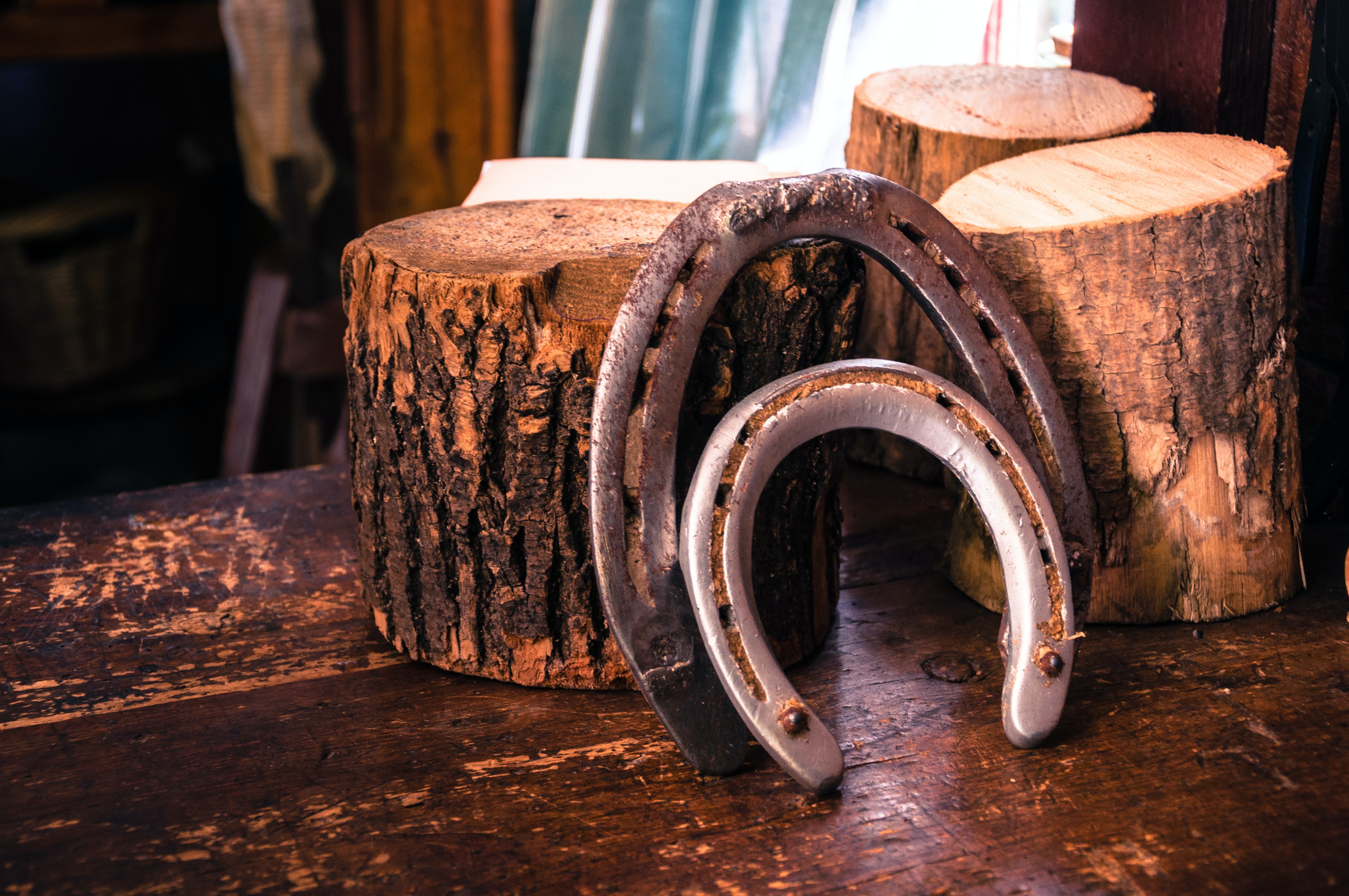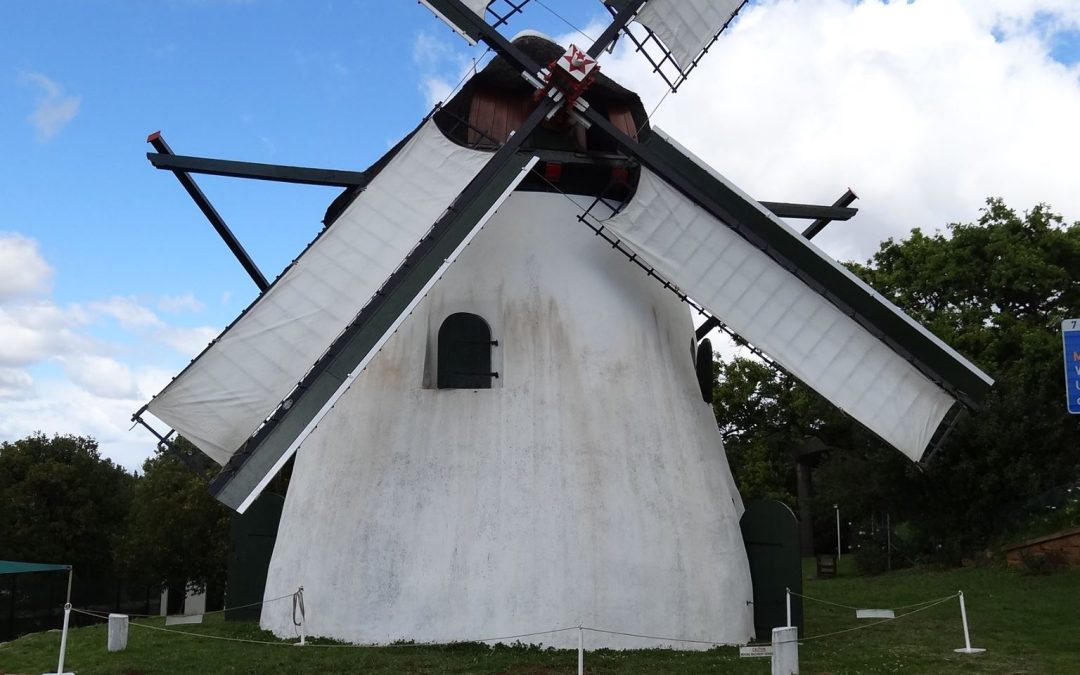We grew up with all kinds of superstitions and stories told to us by the older generation. Strange beliefs about what the consequences of some action will be are typical of superstitions. The origins of these beliefs are sometimes obscure and differ from culture to culture. Yet superstitions in different cultures also sometimes agree. It is generally accepted that superstitions arise from the belief that the future can be predicted by current events – usually with an eye to future bad luck. Here are some well-known superstitions in our culture and their origins.
If you break a mirror, you’ll have seven years of bad luck
This superstition is not peculiar to South Africa; it is told all over the world. According to this belief, the only way to counteract bad luck is to bury the pieces of the mirror.
Allegedly, the origin of this superstition is even older than the existence of mirrors. Before the development of mirrors, people used water to look at their reflection. It was considered a reflection of your soul, and a distorted reflection was a sign of bad luck and future adversity. After the Romans developed mirrors, breaking a mirror became a sign of bad luck.
The period of seven years also comes from the Romans; they believed that the human body renews itself every seven years and you become a new person after seven years. So, after seven years, you would be free from your bad luck.
A horseshoe above your door brings good luck
Many Afrikaans families believed that your household would be happy if you hung a horseshoe above the door of your house. Even today, many do this.
This superstition originated in Europe. Most Europeans hang the shoe upside down, but in some parts of England and Ireland they hang it with the ends showing upwards because they believe the good luck will spill if it hangs upside down.
The horseshoe tradition dates back to 959 when the story of Dunstan the blacksmith originated. According to this story, the devil asked Dunstan for horseshoes for his hooves. Dunstan hammered a red-hot horseshoe with so much force to one of the devil’s hooves that the devil begged him to remove it. Dunstan agreed – on condition that the devil may never again enter a house with a horseshoe above the door.
If the palm of your hand itches, money is coming your way
The belief that you will get money if your palm itches has been passed down for centuries. Cultures differ on which is the lucky hand, but on the origin everyone agrees. It can be traced back to the Saxons and Celts who lived in Europe before the Christian era. They believed that silver has healing power and can heal itchy skin if rubbed over it. Hence the belief that an itchy palm is an omen that you are about to receive silver.









